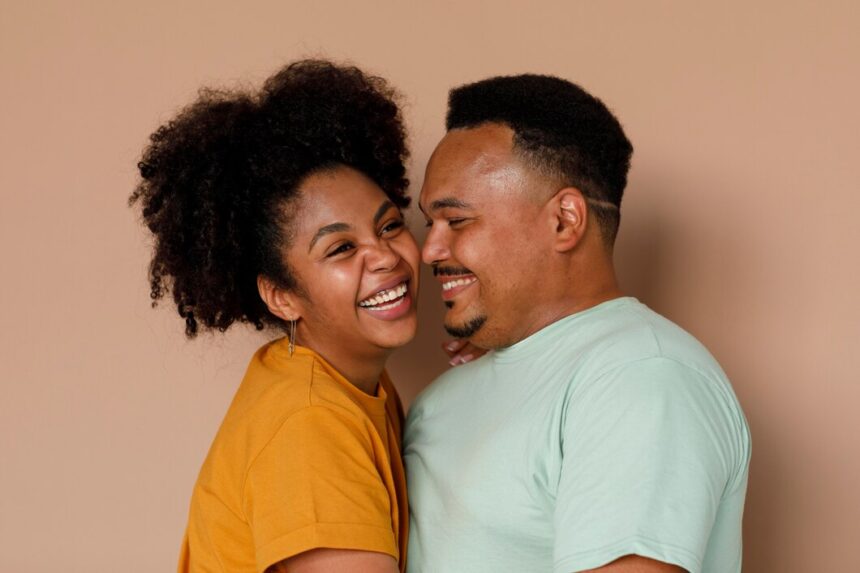Saying “I love you” is a profound step in any relationship, signifying deep affection and commitment. It can be both exhilarating and nerve-wracking. Knowing when to express these feelings is crucial for a meaningful and authentic declaration. Here’s how to gauge whether you’re ready to say “I love you.”
1. Deep Emotional Connection
Before declaring your love, ensure that you have a deep emotional connection with your partner. This means feeling genuinely connected and understood, and being able to share your thoughts, feelings, and vulnerabilities openly. A strong emotional bond indicates that your love is rooted in a meaningful relationship.
2. Consistency in Your Relationship
Evaluate the consistency and stability of your relationship. Have you experienced significant ups and downs together? Consistent positive interactions and weathering challenges together suggest that your feelings are likely strong and enduring, making it a more appropriate time to express your love.
3. Understanding and Respect
A solid foundation of understanding and mutual respect is essential before saying “I love you.” Ensure that you both respect each other’s values, opinions, and boundaries. Respect and understanding are critical for a lasting relationship and affirm that your feelings are based on genuine appreciation of each other.
4. Shared Goals and Values
Assess whether you and your partner share similar life goals and values. While differences can enrich a relationship, having common values and long-term goals can strengthen your bond and confirm that your feelings are aligned with a shared vision for the future.
5. Readiness for Vulnerability
Saying “I love you” involves a level of vulnerability. Reflect on whether you feel comfortable being open and vulnerable with your partner. If you’re at a point where you can openly express your feelings and handle potential responses maturely, it may be the right time to declare your love.
6. Positive Experiences Together
Consider the positive experiences you’ve shared. Have you had meaningful moments and happy times together that reinforce your feelings? Shared experiences can build a strong foundation for love, making it a fitting moment to express your emotions.
7. Intuitive Feeling
Sometimes, your intuition can be a reliable guide. If you have a strong, persistent feeling that it’s the right time to say “I love you,” it may be worth trusting your instincts. Your gut feeling, combined with rational considerations, can often lead to the right decision.
8. Reciprocity in Affection
Ensure that there is a reciprocal level of affection and care in the relationship. While it’s not necessary for your partner to say “I love you” first, a mutual level of affection and care is important. If your partner has shown similar feelings through their actions and words, it might be a good time to express your own love.
9. Self-Reflection
Reflect on your reasons for wanting to say “I love you.” Are your feelings driven by genuine affection, or are they influenced by external pressures or expectations? Authentic feelings of love should come from a place of personal conviction rather than external influences.
10. Mutual Commitment
Evaluate the level of commitment in your relationship. Both partners should be committed to growing together and navigating life’s challenges as a team. A shared commitment to the relationship can indicate readiness for a deeper expression of love.
Deciding to say “I love you” is a significant step in any relationship. By considering the depth of your emotional connection, the stability of your relationship, and your readiness for vulnerability, you can determine if it’s the right time to make this heartfelt declaration. Remember, expressing love is not just about the words but also about the actions and commitment that follow. When you feel genuinely ready and confident, saying “I love you” can deepen your bond and enhance your relationship.










